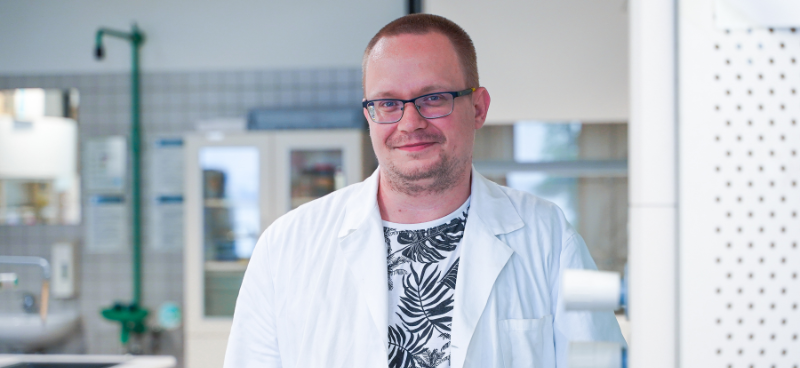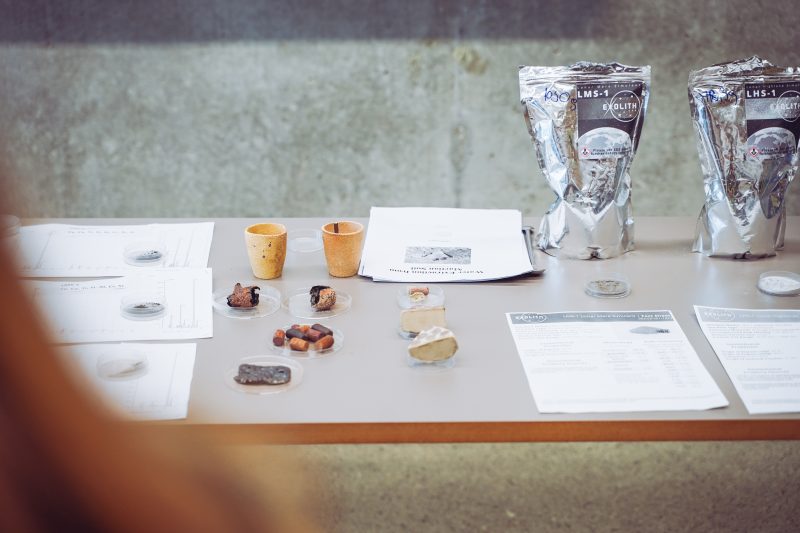
European Space Agency (ESA) Grant Awarded to the TBU
29. July 2024The TBU is going to commence a project funded by the European Space Agency (ESA). After Charles University and Brno University of Technology, the TBU will be one of only three Czech higher education institutions to receive such a grant.
This achievement was attained by a team from the Department of Environmental Protection Engineering at the Faculty of Technology. Its leader and the person behind the original notion to be researched is PhD student Josef Řezníček. His studies include discerning applications for regolith, a kind of rock found on the surface of Mars.
For example, the young scientist attempts to find simple ways to use it as a building material, and how to go about removing dangerous perchlorates from it, which can negatively impact the health of astronauts.
Josef Řezníček applied for the grant through a public-facing ESA initiative open to anyone with an interesting idea. In fact, the very simplicity of the proposal he made may have been what caught the attention of its experts. Specifically, the concept submitted by the team at the Faculty of Technology related to the treatment of water.
Josef Řezníček explained: “When sourcing or recycling water on Mars or the Moon, the result is probably going to be demineralised water. Some researchers suggest that consuming demineralised water is inadvisable over the long term. That’s why I considered ways of remineralising the water with the aid of materials found on Mars and the Moon. Then I came up with the notion of putting regolith in such water and extracting minerals from it by adding carbon dioxide.”
This theory mimics a natural process whereby minerals dissolve in groundwater. “In addition, this procedure would remove unwanted carbon dioxide from Earth’s atmosphere,” he added. Research is expected to take Josef Řezníček, his supervisor Vratislav Bednařík and other contributors about a year to complete.
“Of course, I am a sci-fi fan. I believe the activities of Elon Musk and SpaceX mean that creating a settlement on Mars is not an unattainable and distant concept. As an undertaking, it will require a wide range of technologies. The easier they are to apply, the better. I have a few more ideas up my sleeve, so we’ll see what happens. Hopefully, this won’t be the only project from Zlín to get such a grant,” said the Zlín-based scientist with a smile.
